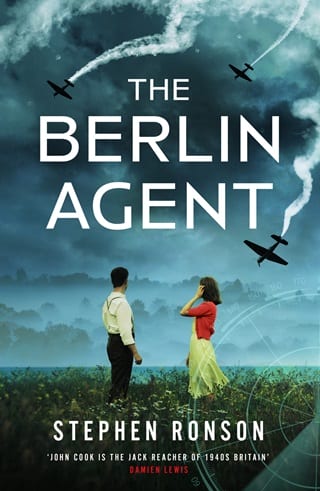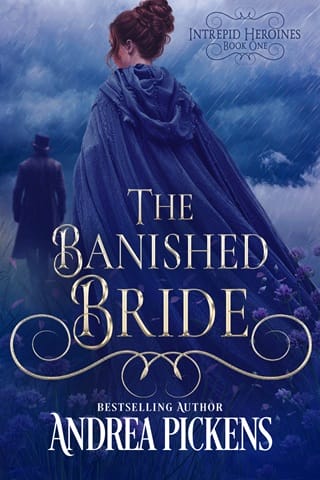87
We took Margaret’s car to the Leckies’. Vaughn was sitting on a log in the back garden. Miriam lay on the ground by his feet, pale, her chest barely moving. He held her hand in his, but other than that he was doing a good job of ignoring her. I’d seen it before on the battlefield – dealing with the worst by pretending it was nothing, a voice inside his head telling him this was best for Miriam. Better not to upset her.
I crouched on the springy grass and listened to her breathing. Her lungs sounded fine, which gave me hope.
‘We’ve got to go,’ I said, thinking of the plan. A submarine half a mile off the coast.
‘No,’ Vaughn said.
‘Say goodbye to your sister,’ I said. I was angry with Vaughn. This whole exercise was his fault. Now he couldn’t face the consequences.
‘Freddie was right about you,’ Vaughn said.
He knelt by her and took her hand.
‘I messed it up,’ she said.
‘You were perfect,’ he said. ‘They’ll give you a medal when you get back.’
Across the Forest, I could hear distant shouts.
Freddie was right about you , Vaughn had said. Quite possibly true. Freddie was a clever young man, entirely capable of weighing up the odds of someone being friend or foe. Easier for him than for Vaughn, who’d been blinded by his desire for Margaret. But in the final analysis, Freddie was dead, as were so many other men who’d been right about me.
*
Vaughn and I laid Miriam across the back seat of -Margaret’s car. Her face was waxy, and her lips were blue. The wound was wet with fresh blood. I met Margaret’s eye. She knew.
There was a rattle from the back garden. Mrs Leckie’s bird-scarers jangling as someone pushed past them.
‘I’ll delay them,’ Vaughn said. ‘You get Miriam away.’ He kissed his sister on the lips.
He hurried around the side of the house. Margaret started the car.
‘One minute,’ I said. I followed Vaughn.
Adams was standing in the back garden, pointing a gun at Vaughn. Two more men joined him, grim-faced men in civilian suits, out of place in the rural setting.
‘Lord Matheson,’ Adams said. Vaughn held out his hand to shake. Adams didn’t reciprocate.
‘These gentlemen would like to have a word with you,’ Adams said.
The mist had cleared, as had the clouds, the portentous orange sky replaced by a dome of deep blue. It would be another hot day.
Vaughn looked at the men, then at the sky. The southern horizon looked dark.
There was a sound. A distant rumbling, like thunder. We could see the South Downs in the distance. Above them, the blue was being overwritten by row upon row of black dots, with occasional bright flashes of light.
The sound grew louder, and the black dots multiplied. German bombers. Too numerous to count, like Nazi soldiers lined up at a Nuremberg rally. An immense force.
‘Not much point talking today,’ Vaughn said. ‘We can talk tomorrow, depending on how things go.’
‘We’ll talk now,’ Adams said. ‘And tomorrow. And the day after that. Until you haven’t got anything left to tell us.’
I watched the sky. One of the dots had left formation. I squinted. It was trailing smoke. Falling out of the sky. It came down ten or fifteen miles away, over the Kent border.
More winks of light flashed in the sky. The sun, catching on reflective surfaces. More bombers fell. Higher up, vapour trails etched themselves onto the blue. Ghostly white lines describing dogfights taking place miles above us.
‘They were waiting for them,’ Vaughn said. ‘I wonder how they knew.’
 Fullepub
Fullepub 



